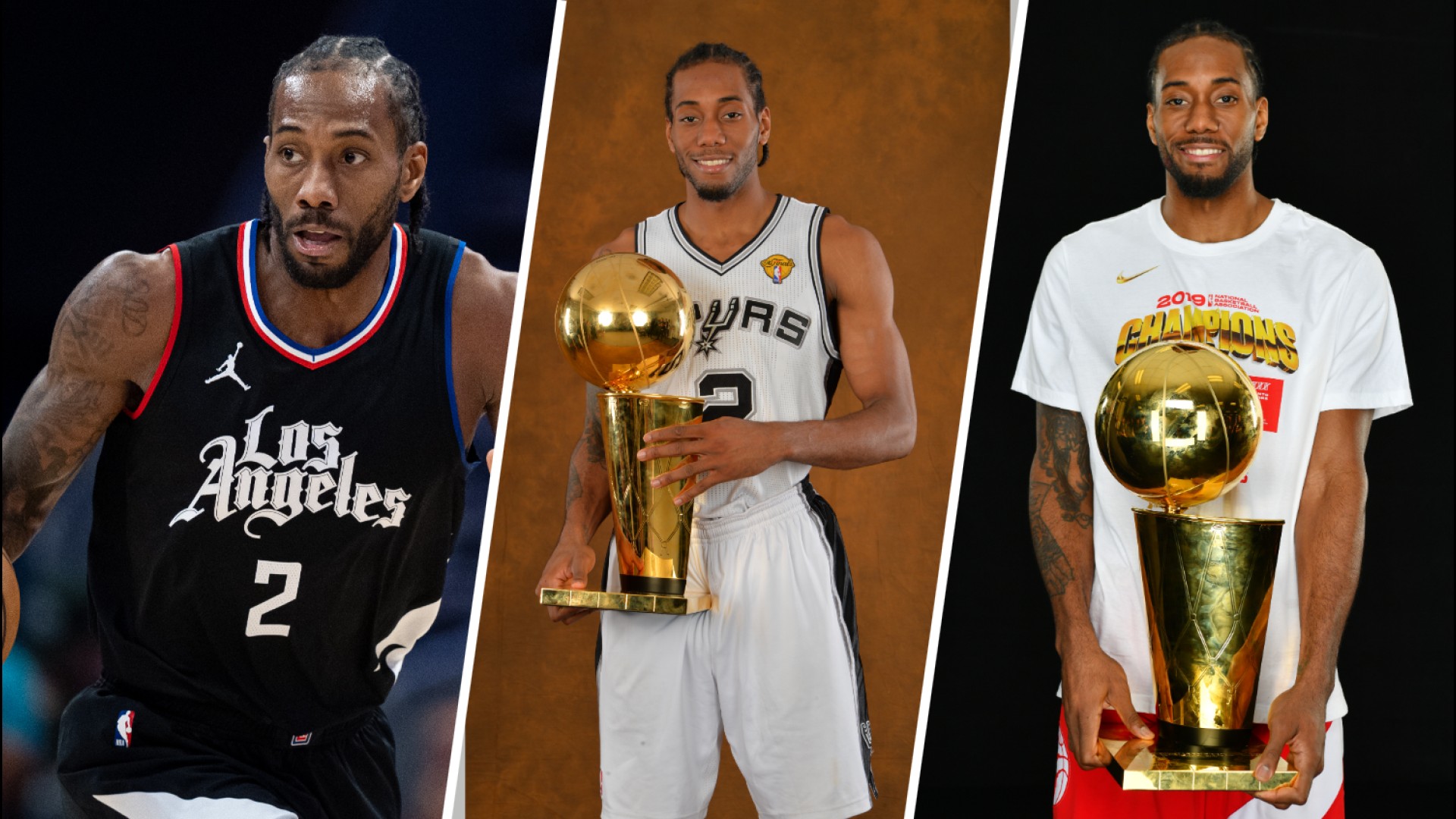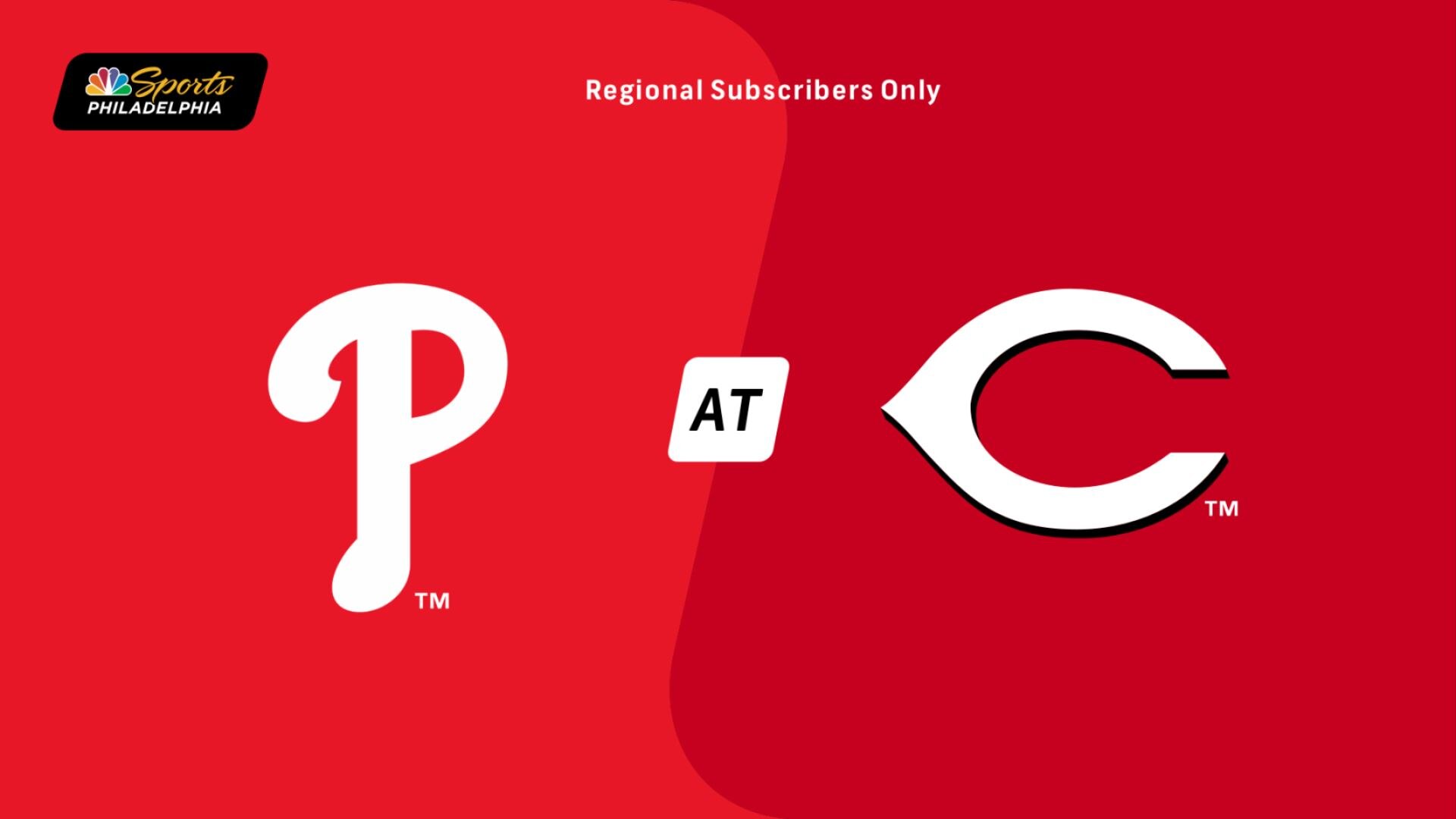
Halfway into July, if I had to take an educated guess, I'd say the
Philadelphia 76ers are basically done with their off-season maneuvering.
There's always the chance of the Andre Iguodala trade that we've been
predicting for about two-and-a-half years now, but talks have slowed on
that front, and most of the teams being talked of as possible landing
spots for 'Dre—whether a contending team like the Lakers or a rebuilding
one like the Warriors or Timberwolves—have either locked into their
current roster, and/or already looked elsewhere to fill their small
forward void elsewhere. With the free agent pool drying up and the
Sixers running up on the salary cap, it seems fairly likely that this is
the team the Sixers will take into next year.
So how did the Sixers do in what we here at the Level have been
calling the most pivotal off-season in the franchise's post-AI history?
Well, let's break it down into a series of questions.
Did We Get What We Wanted?
Stay in the game with the latest updates on your beloved Philadelphia sports teams! Sign up here for our All Access Daily newsletter.
Superficially, the answer here would appear to be yes. If you'd
asked me before the off-season what the three things we needed the most
going into next year, I would have said a perimeter scorer who can
create his own shot, a knockdown three-point shooter, and a proven
interior presence who can anchor a defense. We basically got one of each
of those, in shooting guard Nick Young (17.4 ppg for Washington two
seasons ago), small forward Dorrell Wright (194 threes for the Warriors
two seasons ago) and big man Kwame Brown (starting center for the
Bobcats with decent results
two seasons ago), respectively. Technically speaking, the Sixers
managed to add the two pieces they most needed without needing to give
up anything on the two rosters.
What makes these moves so unsatisfying is that the Sixers basically
nabbed the lowest-cost, lowest-upside versions of the three players they
needed in Young, Wright and Brown. Young can score, but he can't do
anything else, Wright has little value when he's not parked behind the
three-point line, and while Brown has turned into a decent interior
defender and rebounder, he's certainly no Tyson Chandler, and his
offensive game can be charitably described as that of a "Rich Man's Ben
Wallace." Both still add something the team was sorely lacking, but
neither represents any sort of long-term solution for their respective
role.
What's more, Young and Brown are notoriously low-IQ players with
long, long track records of losing and losing big, with Wright having
little post-season success of his own to speak of. Nick Young's
first-round victory with the Clippers this season was the first time in
any of the 24 combined seasons for the three players that one of them
won a playoff series in which they actually played. If creating a
"winning atmosphere" was one of the primary goals of the team this
off-season, this was an odd way to do it.
So I guess the answer here is yes, we got we wanted. But it turned out we didn't really want it that badly.
Did We Lose Much in the Interim?
No,
not really. Well, that's not totally true—we lost two of the guys that
came to define the team over the last half-decade of Sixers basketball
in overpaid free agent power forward Elton Brand and bench scorer turned
swaggy rapper Lou Williams. But the latter is basically replaced in
role by Nick Young, and while advanced stats still say that Lou was a
far better player than Nick the past few seasons...I'll believe that
when I start yelling at Young on one out of every three possessions as I
eventually was with Sour Patch Lou. And Elton was on his way out soon
anyway—either through a trade deadline deal or walking as a free agent
next summer—so though he was still an effective post defender and
occasional scoring option, you can't bemoan his loss too much.
If anything, you could argue that we should have lost more,
as the decision to retain Spencer Hawes at two years, 13 million was
probably the Sixers' most roundly mocked of the off-season, and
deservedly so—Spencer has still yet to prove that he can be a starter in
this league, and 6.5 a year is an awful lot for a backup. But
ultimately, the Sixers lost little that can't be fairly readily
replaced.
Did We Screw Ourselves For the Future?
Surprisingly,
no. If the Sixers want to claim one victory for the off-season, it's
this: They made absolutely zero moves that we'll be regretting four
years down the line. That, of course, is because the Sixers made no
moves that will imapct the team four years from now—every single thing
they did was for a maximum of two years. No contract signed by a Sixer,
old or new, this off-season, will still be going past the 2014
off-season.
This may not sound like that big of a deal, but it actually is—the
contracts that really end up hamstringing a team are the five-year,
$35-million type you give out to role players who either underperform or
turn out to be not $7-million-a-year important in their role, clogging
up a team's cap space for a half-decade and preventing any kind of big
moves from being made. The fact that Lou Williams and Spencer Hawes were
not given such deals has to be seen as some kind of progress. (Though,
puzzlingly, it seems like Lou was offered one and turned it down.)
Did the Sixers Show Evidence of Having a Long-Term Plan?
Sort
of, although how sound or noble the plan is is certainly up for debate.
It appears that the front office is basically planning on putting the
team on hold for two years, at which point Iguodala comes off the books
and the team has to have officially decided how much to invest in Jrue
Holiday and Evan Turner. In the meantime, they have the short-term
contracts and financial flexibility to either pursue free agents next
off-season or make a blockbuster trade for a big-name guy should the
opportunity for either arise. And they can use these seasons as sort of a
trial period to see who, along with Holiday and Turner, should be
considered a crucial part of the team's future.
It's a plan, anyway—certainly one better than pretending the team
was actually close to contending last post-season, and keeping the
team's core in place while adding pieces to put them "over the top."
(Team CEO Adam Aron basically admitted the team had maxed out as
currently constituted, which is a healthy realization for him to come
to.) It's not all that sexy of a plan, however, and it's not even one
the team followed through with all the way, as they failed to find a
trade for Andre Iguodala and their draft strategy of Young and Athletic
failed to mesh with their free agent strategy of Middle-Aged and Not
Totally Stiff. An inconsistent, unglamorous plan is probably still
better than no plan at all, but how much better is certainly subject for
debate.
Does Our Roster Make More Sense Than it Did At the End of Last Year?
And
this is where the Sixers really failed this off-season. None of their
signings or draft choices were explicitly terrible, none of the players
they cut bait with were particularly tragic losses, but the combination
thereof has left the Sixers with a roster totally lacking in balance. If
you count Evan Turner and Thaddeus Young (and in my opinion, you
should), the Sixers will be entering next season with a grand total of
five small forwards, all of whom will command some sort of consistent
minutes. Meanwhile, the team totally lacks a backup point guard (unless
you count Xavier Silas or Nick Young, which, no) and appears to be
giving serious consideration towards tipping off 2012-13 with a starting
front line of Spencer Hawes and Kwame Brown—which, really, shouldn't
happen under any circumstances ever.
Can Coach Doug Collins make sense out of the mess? Probably, but not
without some issues of poor roster equilibrium eventually being
exposed, and not without somebody bitching about role and/or
minutes. You'd like to think that a trade or two is still on the way to
help clear up the mess, but such a trade doesn't seem a particular
priority with the Sixers currently—rather, when they trade, it's for a
guy like Wright that has one very valuable skill, but also already has
four other dudes at the same position in front of him.
Ultimately, you might not be able to call this Sixers off-season a
total failure—the fact that Lou Williams was actually allowed to walk to
Atlanta basically disqualifies it from being labeled as such—but you
certainly wouldn't call it a resounding success, either. It was about
100x more active than the last four off-seasons, but ultimately we're
left in the same place—watching a mediocre team that keeps putting off
the decision of whether to rebuild or try to contend. The Sixers could
still be a fun team next year, but it's gonna be hard to be real excited
about the group Rod Thorn and company—whoever's making decisions for
the team these days—have put together.


